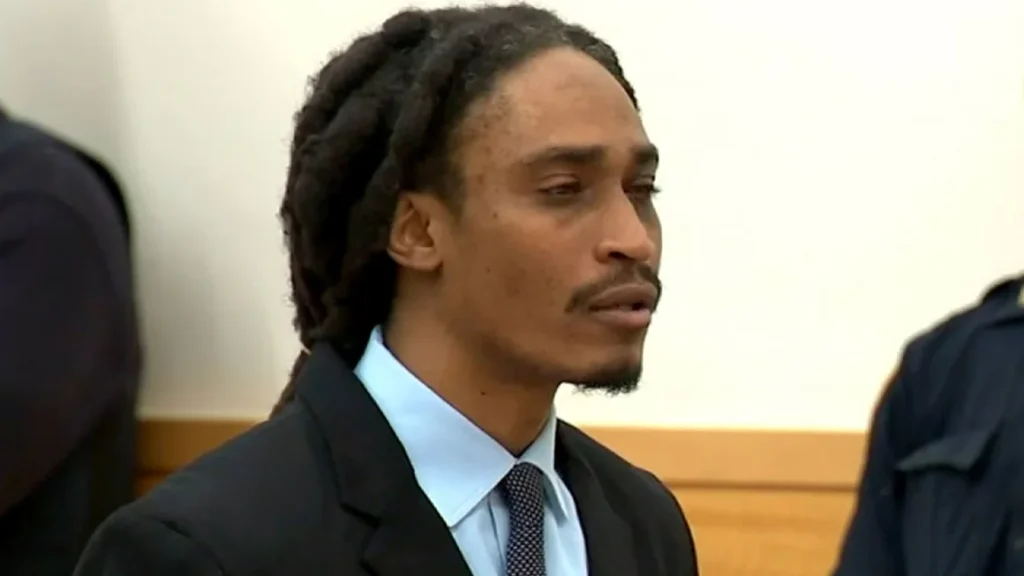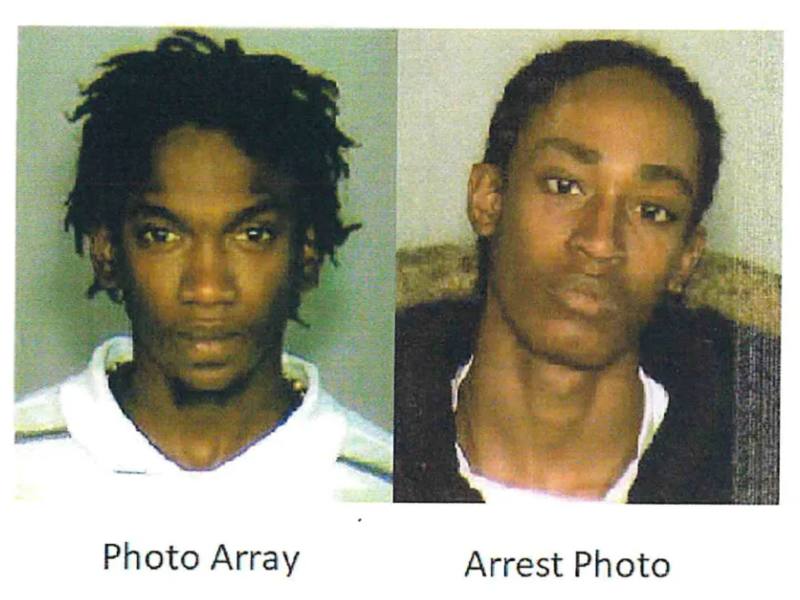In a case that highlights the systemic flaws of the criminal justice system, Sheldon Thomas, a man wrongfully convicted for nearly two decades, was finally exonerated in 2023 after spending over 18 years behind bars for a crime he did not commit.
His conviction was based on a misidentification that stemmed from a photo of another man with the same name—a mistake that not only cost Thomas his freedom but also shed light on the grave consequences of procedural errors.
The Botched Identification

In December 2004, a 14-year-old boy named Anderson Bercy was tragically shot and killed in New York City.
Thomas, then 17 years old, was arrested in connection with the murder, but his arrest was marred by a critical mistake: detectives used a photo of a different man named Sheldon Thomas during a witness identification process.
Despite this blunder coming to light during pretrial hearings, a judge ruled that the photo resembled Thomas enough to provide probable cause for his arrest.
Thomas was one of three alleged gang members accused of the killing, but his conviction stood out due to the sheer mishandling of the identification process.
According to the Brooklyn District Attorney’s Conviction Review Unit (CRU), detectives originally intended to use a photo of Thomas from a prior arrest.
However, before they obtained the correct image, they pulled a photo of another Sheldon Thomas from a police database. The eyewitness identified this incorrect photo as the shooter, unaware that it depicted a different individual.
When detectives later arrested the wrong Sheldon Thomas, they continued with the case as though the error had not occurred. The same eyewitness later picked out Thomas in a police lineup, further sealing his fate, despite the glaring mix-up.
A Fundamental Miscarriage of Justice
During a pretrial hearing in 2006, a detective on the case admitted that he had used the wrong photo and had falsely testified during the investigation. Yet, even after this admission, the court ruled there was sufficient probable cause, relying on anonymous tips and the supposed resemblance between the two Sheldons.
The charges against the other two suspects in the case were dismissed before the trial began, leaving Thomas to face multiple charges alone. He was convicted of second-degree murder, five counts of attempted murder, and weapons charges, receiving a sentence of 25 years to life. At his sentencing, Thomas once again declared his innocence, but his plea went unheard.
The Road to Freedom
Years later, the Brooklyn DA’s Conviction Review Unit launched an extensive investigation into the case. The CRU re-interviewed witnesses, examined court records, and reviewed the errors that led to Thomas’s conviction.
They concluded that Thomas had been deprived of due process at every stage of the investigation and trial. Prosecutorial missteps, police misconduct, and ineffective counsel were all cited as contributing factors to the miscarriage of justice.
CRU’s investigation also revealed that detectives had harassed Thomas following a prior gun arrest, contradicting their testimony that they had no previous encounters with him.
These revelations, combined with the false testimony and botched identification, led to the determination that Thomas’s conviction was fundamentally unfair.
On March 23, 2023, nearly 19 years after his wrongful imprisonment began, Sheldon Thomas’s conviction was overturned, and the indictment against him was vacated.
In a statement following the exoneration, Brooklyn District Attorney Eric Gonzalez emphasized the importance of rectifying past mistakes, saying, “We must strive to ensure fairness and integrity in every case and have the courage to correct mistakes of the past.”
A Legacy of Wrongful Convictions
The case of Sheldon Thomas underscores the devastating impact of misidentification in criminal cases, particularly when compounded by systemic failures.
Since the formation of the Brooklyn DA’s Conviction Review Unit in 2014, 34 convictions have been vacated, with Thomas’s case marking another critical victory in the fight for justice.
As of 2023, the CRU has 50 open investigations into potentially wrongful convictions.
For Thomas, the ordeal was nothing short of a nightmare.
“There’s so many times when I was in my cell I would think of this moment,” he said after his exoneration. “Right now, I’m just speechless.”
His story serves as a stark reminder that the criminal justice system can—and does—make life-altering mistakes, but it also demonstrates the importance of efforts to correct those errors.

